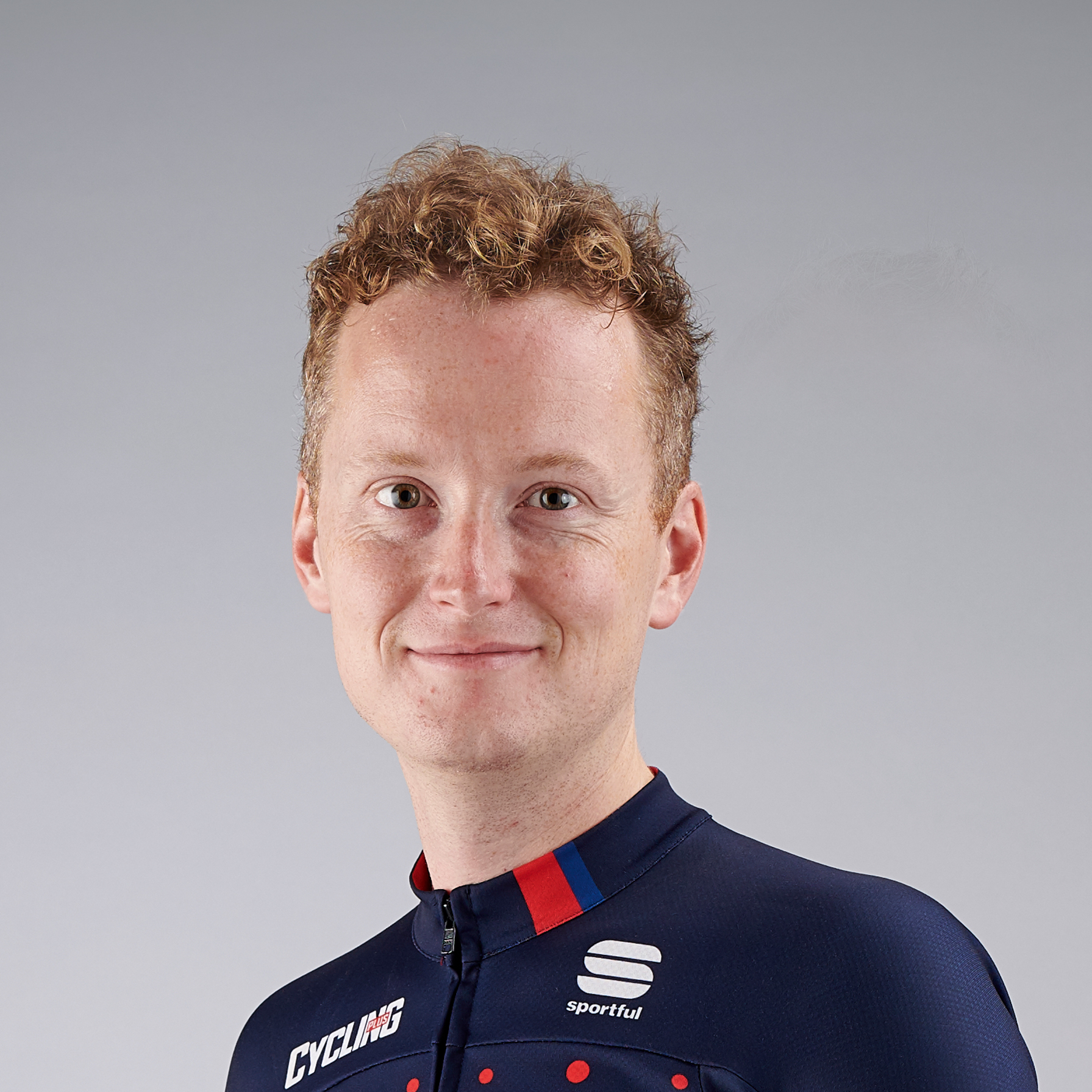Whether sports drinks and supplements work or not is a question that always sparks debate on BikeRadar, so many of you may have watched Thursday night's BBC Panorama investigation with interest.
With the Olympics just round the corner, a surge of ads from the likes of Powerade and Lucozade are swamping commercial breaks, each trying to capitalise on the boost the world's biggest sporting event can have on the activity habits of ordinary individuals.
The programme, The Truth About Sports Products, was a timely look into claims manufacturers make when promoting products like energy and protein drinks, and whether or not they can be backed up by hard scientific fact. If you haven't seen it yet, it's worth a watch and is available right now on BBC iPlayer.
It opened with a look into the work currently being carried out by the Oxford University Centre for Evidence Based Medicine and the British Medical Journal, a first of its kind study examining the research behind the hype.
Panorama travelled to Cape Town, South Africa, said to be the home of the original sports drink from the 1930s, to speak to one of the industry's biggest critics, Professor Tim Noakes, a man who for the past 30 years has been researching what athletes should drink.
They spoke to Graeme Obree, a man famous for his no-nonsense approach to training to discover' for the first time, his special mixture of fluid and carbs - water and jam sandwiches. They also spoke to Professor Mike Lean, a marathon runner and lecturer from University of Glasgow, who labelled the £250m industry a triumph of marketing over science.
New legislation from the European Food Safety Authority, coming in at the start of 2013, means all companies must remove misleading labels for supplements. It's set to be huge shake-up for the industry and should eliminate some of the more extravagant claims.
Raphael Deinhart, from sports nutrition company High5, was largely critical of the programme for its one-sided take. "Much of its focus was on mass market brands like Lucozade, and research from people who exercise for under an hour and the effects drinks have on their performance," he told BikeRadar.
"It's a different scenario for cyclists who ride hard for longer periods and I'm sure if they had been the focus it would have been a different story. In the end it comes down to what the individual thinks helps them - that's the most important thing."
Did you watch last night's programme? What did you think? Did it make you question the drinks you're putting into your body during exercise and the impact its having on your wallet, or are you happy with the benefits they give, perceived or otherwise?
